The Hidden Problem With Most Courses

Most coaches don’t struggle with knowledge. If anything, they have too much of it. Years of expertise, endless notes, slide decks, client sessions, and insights that could fill libraries.
But here’s the reality no one wants to admit: strong knowledge alone doesn’t create a course that works.
How many times have you signed up for a program and never finished it? How many times have you built out a lesson only to realize your students were confused halfway through?
It’s not because the content isn’t good.
It’s because the course framework is missing.
The Pattern Most Coaches Fall Into
You wouldn’t be building a course if you didn’t already care about teaching well. And we both know you’ve seen transformation happen when you work directly with clients.
But when it comes to creating a course, here’s what usually happens:
- Coaches throw everything they know into modules, thinking more content = more value.
- The lessons don’t connect in a way that guides the student.
- Students drop out halfway, not because they don’t care, but because they can’t see the path forward.
And what happens next?
The coach starts doubting themselves. They think, “Maybe my content isn’t good enough.”
But the truth is, the content is fine. The structure isn’t.

Why the Course Framework Matters
A course framework is what turns knowledge into transformation.
Without it, a course is just a pile of information. With it, a course becomes a guided journey.
Here’s why it matters:
- Students don’t need all your knowledge. They need the right pieces in the right order.
- A clear framework reduces overwhelm and builds trust.
- When students finish, they create real results — and that’s what builds your reputation.
The difference between a course that gets abandoned and a course that gets results isn’t content volume. It’s framework clarity.
The Smart Coach’s Approach
Smart coaches don’t aim to impress with more hours of content. They aim to guide with clarity.
They know this:
- A course isn’t about how much you can teach. It’s about how effectively you can move someone from point A to point B.
- A course framework is the spine that holds the entire program together.
- Without the framework, even brilliant knowledge gets lost in the noise.
If you’ve ever felt like your course is overwhelming or unfinished, it’s not because you lack knowledge. It’s because your framework is still hidden inside the clutter.
The Turning Point
This is the choice every coach faces:
Do you keep piling on more lessons, hoping volume will make the program better? Or do you step into the coach who understands that less content, delivered in a clear framework, creates more transformation?
Because smart coaches choose to build courses that people actually finish — not courses that look impressive but sit half-watched in someone’s inbox.
And if you’re reading this, we both know which kind of coach you are.

Conclusion + Next Step
Most online courses don’t fail because the teacher isn’t skilled. They fail because the course framework wasn’t clear.
The content wasn’t structured, the path wasn’t mapped, and students lost momentum.
But the moment you shape your knowledge into a framework, you stop overwhelming students and start guiding them toward real transformation.
If you’d like support shaping your expertise into a clear, finishable course, I’d like to invite you to a free clarity call. We’ll look at your knowledge, find the hidden framework, and outline the structure that makes your course work.
📅 Schedule your free consultation here.








